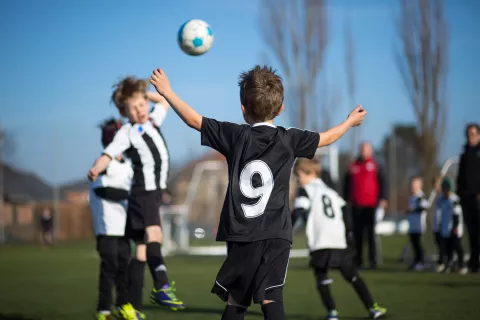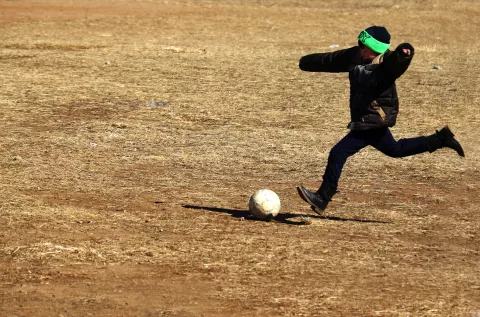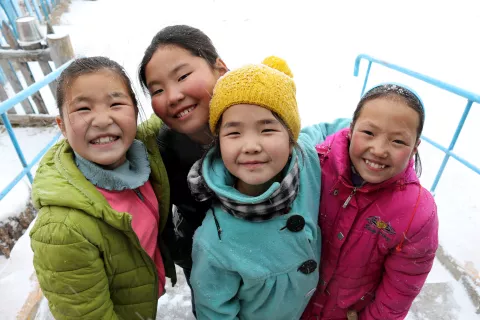Child rights
CFCI & the Convention on the Rights of the Child

Based on the UN Convention on the Rights of the Child, the Child Friendly Cities Initiative builds on four key articles of the Convention.
Non-discrimination (Article 2)
The rights of all children are respected, without discrimination of any kind irrespective of the child’s or his or her parent’s or legal guardian’s race, colour, sex, language, religion, political or other opinion, national, ethnic or social origin, property, disability, birth or other status.
Best interests of the child (Article 3)
The best interests of children are a primary consideration in decisions that may affect them with State Parties assuring the care and protection necessary for their wellbeing.
The inherent right to life, survival and development (Article 6)
Children have the right to life, with States Parties committed to ensuring the maximum extent possible, their right to survival and healthy development.
Respect for the views of the child (Article 12)
Children have the right to voice their opinions and have these be taken into account in decisions that affect them.
CFCI in the 2030 Agenda
In September 2015, world leaders adopted the 2030 Agenda for Sustainable Development. The Agenda is a plan of action, comprising 17 Sustainable Development Goals (SDGs) and 169 targets, that coordinates global efforts around reducing poverty and hunger, combatting inequality and disease, and building a just and stable world by the year 2030.
The Agenda commits to “leaving no one behind” and also to providing children and youth with a nurturing environment for the full realization of their rights and capabilities. Goal 11 of the Agenda specifically calls for making cities and human settlements safe, resilient and sustainable. This is the strongest expression yet by the international development community of the critical role cities play in our future.
Various levels of government, civil society, the private sector, academia, the UN system as well as concerned individuals including children and youth were involved in crafting the 2030 Agenda. These stakeholders and others are now actively involved in implementing the Agenda at both the global and local level. Nearly all the SDGs have targets that will depend on local government action.
Building a child-friendly city can help local governments and other stakeholders fulfil the 2030 Agenda.




